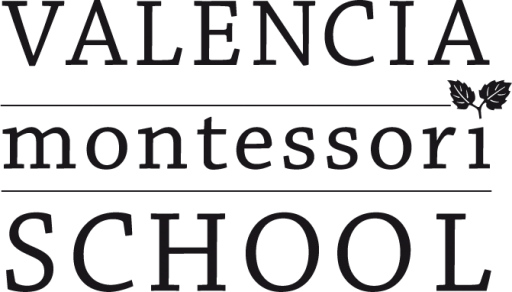Montessori method is an innovative, child-centred educational approach based on the principles developed by Italian physician and educator Maria Montessori in the early 20th century. This revolutionary method seeks to nurture the holistic development of children, fostering their autonomy, creativity and love of learning through a carefully prepared environment and specific educational materials.
In Montessori education, great importance is placed on the individuality of each child, recognising that each child has his or her own unique learning pace and areas of interest. Montessori educators act as guides, observing and supporting children as they explore the educational environment, promoting self-discipline and responsibility.
The Montessori environment is designed to foster self-education and self-regulation, providing opportunities for cognitive, emotional, social and physical development. Montessori materials are carefully selected and structured to enable children to learn through hands-on, sensory experience, developing fundamental skills such as concentration, motor coordination and critical thinking.
The pillars of Montessori method
Montessori education is built on three fundamental pillars that constitute the essence of this revolutionary educational philosophy. Each of these pillars plays a crucial role in the creation of a stimulating educational environment and in the development of the whole child.
Prepared environment: the importance of the educational space
In Montessori education, the environment is not seen simply as a place where children spend their time, but as a space carefully designed to facilitate learning and development. A Montessori space is characterised by meticulous organisation, harmonious aesthetics and accessibility of educational materials. Every element, from the arrangement of furniture to the lighting, is selected with the purpose of fostering children’s independence. This nurturing environment invites children to explore, discover and learn independently.
Role of the Montessori educator: guide and observer
In the Montessori approach, the role of the educator differs significantly from the traditional model. The Montessori educator acts as a guide, a facilitator of learning rather than a dispenser of knowledge. Careful observation is a key tool; by paying attention to the individual needs and interests of each child, the educator can adapt his or her approach and provide appropriate guidance. This child-centred approach promotes autonomy and the development of critical skills.
Montessori materials: tools for integral development
Montessori educational materials are designed to address specific aspects of child development. These sensorial materials not only capture children’s attention, but also allow them to explore abstract concepts through concrete experiences. The diversity of these materials accompanies the child’s growth and gives them the opportunity to progress at their own pace, consolidating their understanding of various disciplines.
Key principles in Montessori method
Montessori education is distinguished by the application of fundamental pedagogical principles that guide the holistic development of children and foster a natural love of learning.
Autonomy and self-discipline
One of the essential principles of Montessori education is the emphasis on the autonomy of the child. Through the creation of a prepared environment and the use of specific educational materials, children are encouraged to make independent decisions and take responsibility. The development of self-discipline is fostered not through the imposition of strict rules, but through respect and understanding of the natural consequences of their actions. This approach promotes an innate sense of responsibility and self-control, laying the foundation for the development of fundamental life-long skills.
Respect for the individual pace of learning
In the Montessori method, the fact that each child is unique, with his or her own pace of development and learning, is recognised and respected. This principle means that there is no one speed fits all; rather than following a rigid curriculum, Montessori educators adapt their approach according to the individual needs and interests of each child. This respect for each student’s pace of learning allows them to progress at their own pace, building a deep and lasting understanding of concepts, and cultivating an intrinsic love of knowledge.
Fostering creativity and imagination
Montessori method not only focuses on academic development, but also seeks to nurture the creativity and imagination of each child. Through interaction with educational materials designed to encourage exploration and experimentation, children are encouraged to think critically and approach problems from unique perspectives. The freedom to choose and the absence of excessive restrictions allow creativity to flourish, preparing children to face challenges in innovative ways and develop essential skills for creative thinking throughout their lives.
Benefits of Montessori method
Montessori method offers a number of holistic benefits that contribute to children’s cognitive development in a variety of dimensions. By focusing on autonomy, sensory stimulation, respect for individuality, social and emotional development, fostering creativity and imagination, life skills, language and communication development, intrinsic motivation, and adaptability, the Montessori method goes beyond the simple transmission of knowledge.
In a Montessori environment, autonomy and self-discipline are cultivated, allowing children to choose their activities and progress at their own pace. It stimulates learning through the manipulation of sensory materials, promoting cognitive skills and the development of concentration. In addition, respect for the individual pace of learning recognises and celebrates the diversity of each child, creating an inclusive educational environment.
Montessori education not only focuses on academics, but also addresses social and emotional development. It facilitates interaction and collaboration in the classroom, promoting positive social skills and providing a safe space for the expression of emotions. In addition, it fosters creativity and imagination through the freedom to explore and experiment, preparing children to approach challenges with innovation and creative problem solving.
The inclusion of practical activities in the training programme teaches life skills, encouraging independence from an early age. Language development is enhanced through activities adapted to the individual level, and effective communication is promoted through meaningful interactions and teamwork. This intrinsic focus on motivation and adaptability prepares children to face challenges with flexibility throughout their education and life.
Do you want to know more? Get in touch with us – Valencia Montessori School
If you are interested in Montessori education and would like to know more about our school, please do not hesitate to contact us. You can visit the school while we tell you more about this educational method!










